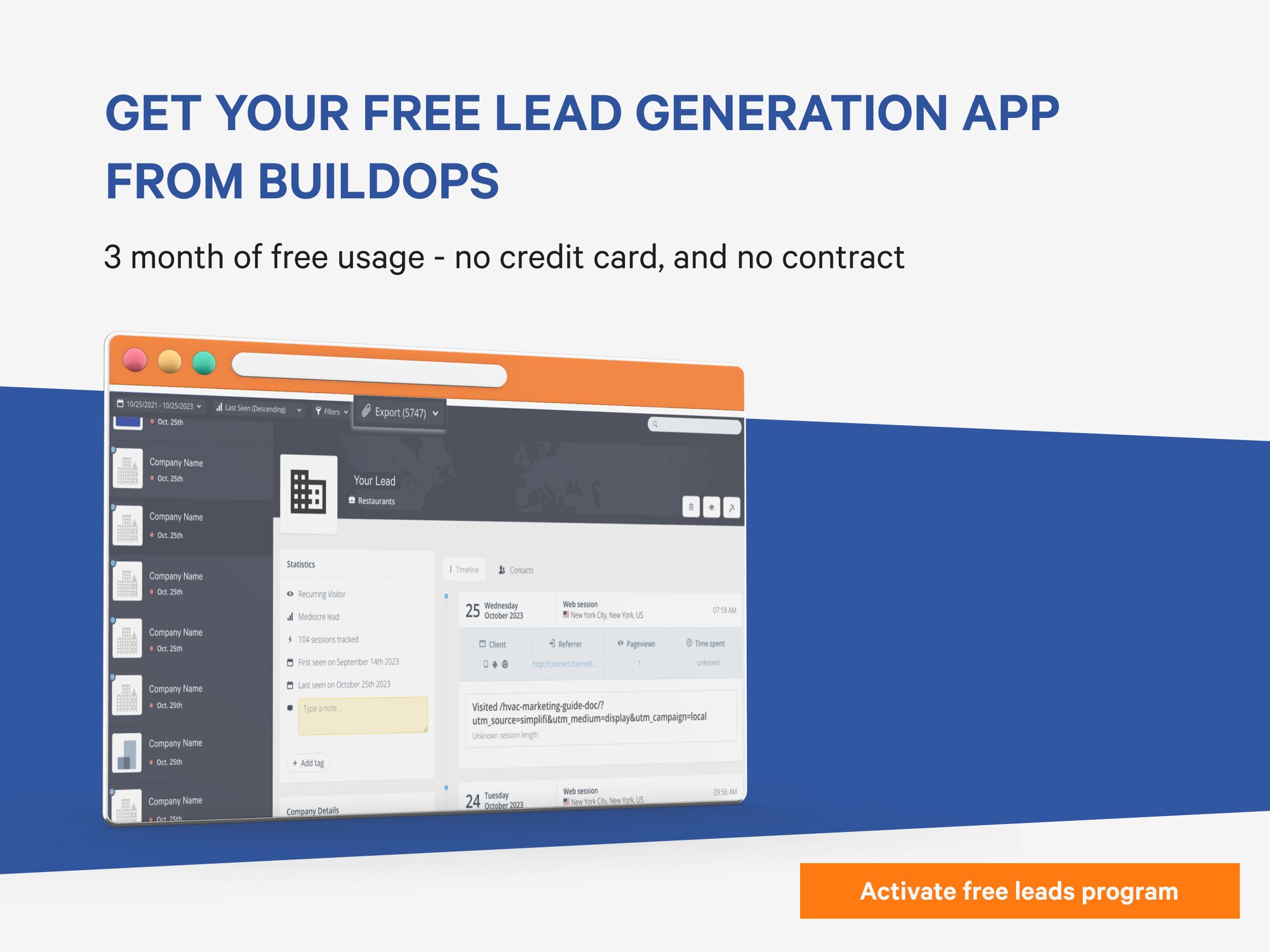Customizable CRM Software refers to a customer relationship management system that can be modified and tailored to meet the specific needs of an individual business or organization. Unlike generic CRM solutions, these customizable platforms allow users to personalize features, workflows, user interfaces, and even integrate with third-party applications. The main objective of such software is to streamline customer interactions, manage leads, oversee sales processes, and foster customer retention through a bespoke toolset designed around the business’s unique operational structure.
A prominent advantage of customizable CRM software is its flexibility. Businesses often have varying requirements based on their size, industry, client base, and internal processes. Customizable CRM systems accommodate these differences, offering modules that can be added, removed, or adjusted to align with the company’s evolving strategies. This makes them particularly valuable for companies anticipating growth or changes in market trends.
Investing in customizable CRM software likewise has a direct impact on efficiency and scalability. By providing an adaptable framework, it can grow with the company, avoiding the need for frequent software switches that can disrupt operations and incur additional costs. A CRM tailored to a business’s specific practices can also eliminate unnecessary functionalities that could complicate user experience or hinder performance, thus enhancing overall productivity.
The landscape of customer relationship management is rapidly evolving, with customizable CRM software at the forefront, driving innovation. In today’s hyper-competitive business environment, a one-size-fits-all approach to CRM is no longer viable. Companies demand solutions that resonate with their unique business models and processes to maintain an edge. Adaptability and personalization become not just a preference but a necessity for success.
In the constellation of business tools, customizable CRM software has emerged as the linchpin for enterprises seeking to cultivate deep and enduring customer relationships. It marks a departure from the era of rigid systems to a more dynamic, agile approach to managing customer interactions. This shift mirrors the broader trend towards digital transformation, with businesses leveraging technology to tailor their strategies and operations.
The ensuing discussion will unfold the benefits and considerations of such software, providing insights into how businesses can harness its full potential. By comprehensively understanding and effectively deploying customizable CRM systems, companies can architect a customer management experience that is as unique as their brand story, setting the stage for sustained growth and heightened customer satisfaction.
Understanding the Basics of Customizable CRM Software:
Customizable Customer Relationship Management (CRM) software serves as a vital tool for businesses aiming to tailor their customer interactions. By providing a flexible platform, such software allows for the tracking and managing of customer information dynamically. Companies can modify layouts, fields, and even functionality to align with specific business processes. This customization ensures that the software adapts to the unique workflows of businesses, rather than forcing companies to conform to rigid software structures.
With the implementation of customizable CRM, organizations gain the ability to mold their software to mirror evolving customer relationship strategies. This can include the addition of custom fields to capture industry-specific data or the creation of bespoke modules to manage unique customer interactions. Moreover, user interfaces can be personalized to improve the user experience for employees, enhancing productivity by presenting the most relevant information prominently.
The adaptability of these systems also allows for integration with other digital tools, bridging gaps between separate software solutions. This interconnectedness facilitates a smoother flow of data across different business operations. By acting as a centralized hub, customizable CRM software can become the core of a company’s digital ecosystem, streamlining processes and augmenting data accessibility for all stakeholders involved.
Functionality alterations in a customizable CRM system can facilitate targeted customer communication efforts. Automation rules can be set up for marketing campaigns, sales follow-ups, or service notifications, according to specific customer segments. This level of specificity in communication helps companies nurture relationships and build loyalty more effectively.
Adhering to these rules, it’s clear to see how customization in CRM software provides an agility that’s critical for modern businesses. The flexibility to evolve the CRM alongside the business itself ensures a long-term fit, vital for sustainable growth and maintaining a competitive edge in today’s rapidly changing market landscapes.
Key Benefits of Customization in CRM:
The personalization of CRM software opens a treasure trove of advantages for businesses striving for exceptional customer relations. Firstly, customization unlocks a high degree of relevance. By tailoring the CRM to specific business needs, users access the most pertinent features and data, enhancing decision-making. Additionally, it promotes efficiency, as workflows can be adjusted to match the company’s most effective operations style, saving time and reducing errors.
Secondly, customized CRM solutions offer scalability that’s essential for growth. As a business expands, its CRM can evolve to accommodate new processes, department integrations, or increased customer volumes. Unlike one-size-fits-all solutions, tailor-made CRMs can be built out in stages, thereby supporting the company’s scaling journey without disruptive system changes or data migrations.
Customer experience also sees a notable improvement. By tweaking the CRM to capture and utilize customer data effectively, businesses can create more meaningful and personal interactions. With the ability to automate and personalize communication, customer engagement is elevated, thereby increasing customer satisfaction and loyalty — key components in competitive differentiation.
From an innovation perspective, customizable CRM software acts as a catalyst. It encourages companies to continually assess and refine their customer relationship strategies. Such dynamic capabilities foster an environment of continuous improvement and agility, ensuring that businesses can quickly adapt to market changes, be it consumer trends or emergent technologies.
In conclusion, the pivot to customizable CRM software presents a world of benefits that impact various business facets. It paves the way for a deeper understanding of customer behavior, optimized business operations, and robust scalability. Embracing customization in a CRM platform is not just about better software; it’s about empowering businesses to create and sustain superior customer relationships.
Customization vs. Out-of-the-Box Solutions:
When enterprises deliberate over the choice between customizable CRM solutions and out-of-the-box systems, several factors come into play. Customizable options offer an array of advantages beginning with a tailored fit. They can be morphed to adhere perfectly to an enterprise’s unique processes, whereas standard solutions often necessitate adjustments in business workflows to fit the software.
In contrast, out-of-the-box CRMs are advantageous for quick deployment. However, this speed comes at the cost of flexibility. Companies might find themselves limited by the pre-set functionalities and unable to realize the full potential of their customer relationship strategies.
Additionally, customizable CRM solutions tend to provide a competitive edge through differentiation. Whereas with out-of-the-box systems, they risk offering a generic experience that may mirror that of competitors utilizing the same software system.
On the financial front, out-of-the-box CRMs often appeal to companies with their lower initial cost. Yet, the total cost of ownership could rise over time as additional customizations or third-party integrations become necessary to meet emerging business needs. Long-term, customizable CRMs may offer better return on investment through their inherent adaptability and extended longevity.
Essential Features to Look for in Customizable CRM Software:
At the heart of a robust CRM is its data management prowess. An exceptional customizable CRM system should also exhibit compatibility with other business software. This interoperability is key to maintaining an integrated and efficient technology ecosystem. Users should have the ability to interact with their CRM on-the-go through mobile applications or mobile-optimized web interfaces. This ensures real-time access to customer data and CRM functionality, driving responsiveness and fostering better customer relationships. Lastly, strong security features are paramount. Businesses must be confident that their CRM can securely handle data, regardless of the customization level.
How Customizable CRM Supports Various Business Sizes and Types:
Customizable CRM software stands as a versatile backbone compatible with the diverse requirements of businesses across sizes and industries. It is adaptable and can accommodate the evolving complexities without necessitating a complete system overhaul.
Medium-sized businesses benefit from a customizable CRM’s ability to handle increased operational complexity. Customization options facilitate the management of more elaborate sales cycles or customer service processes. Large enterprises often grapple with multifaceted customer interactions across various geographies and business units. The resulting consistency in customer relationship management, combined with localized adaptation, is invaluable for such sprawling organizations.
Moreover, customizable CRM systems are industry-agnostic, forming an ideal foundation for niche industries with specialized requirements. In conclusion, customizable CRM software offers a powerful solution that supports the breadth of business sizes and types.





